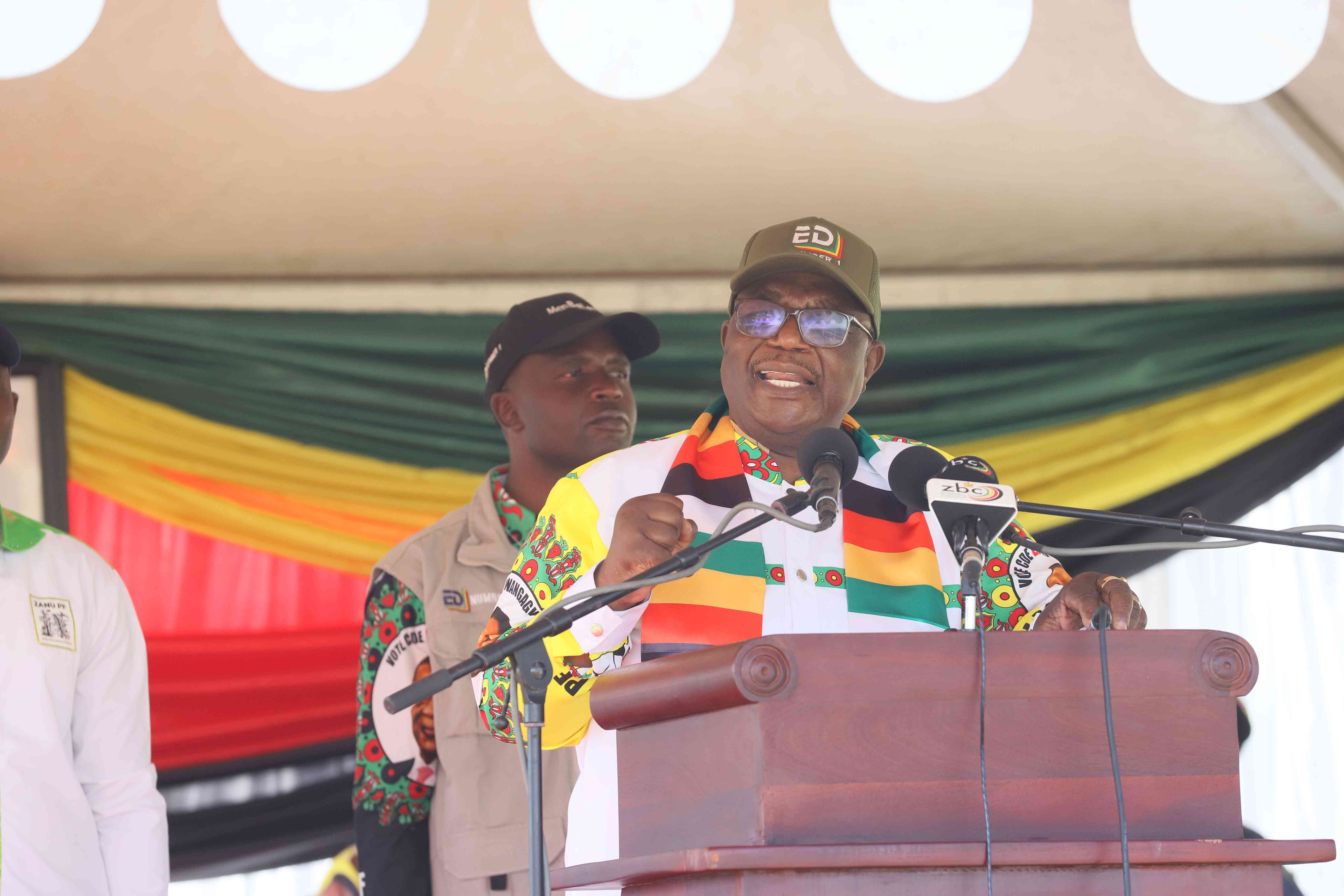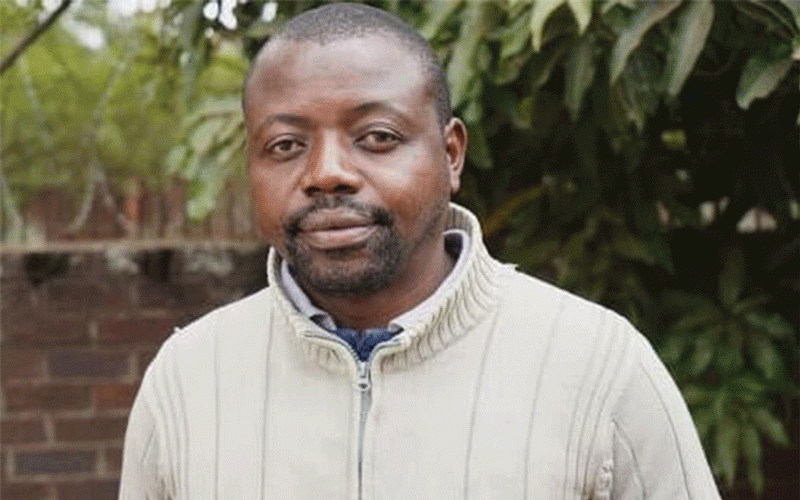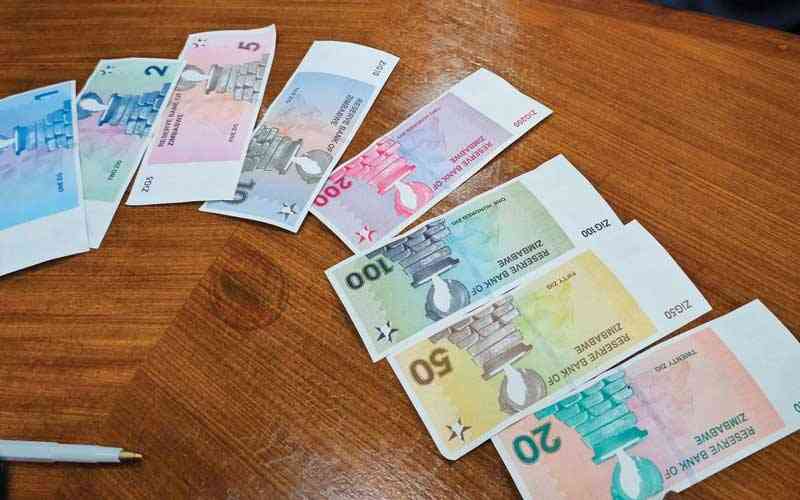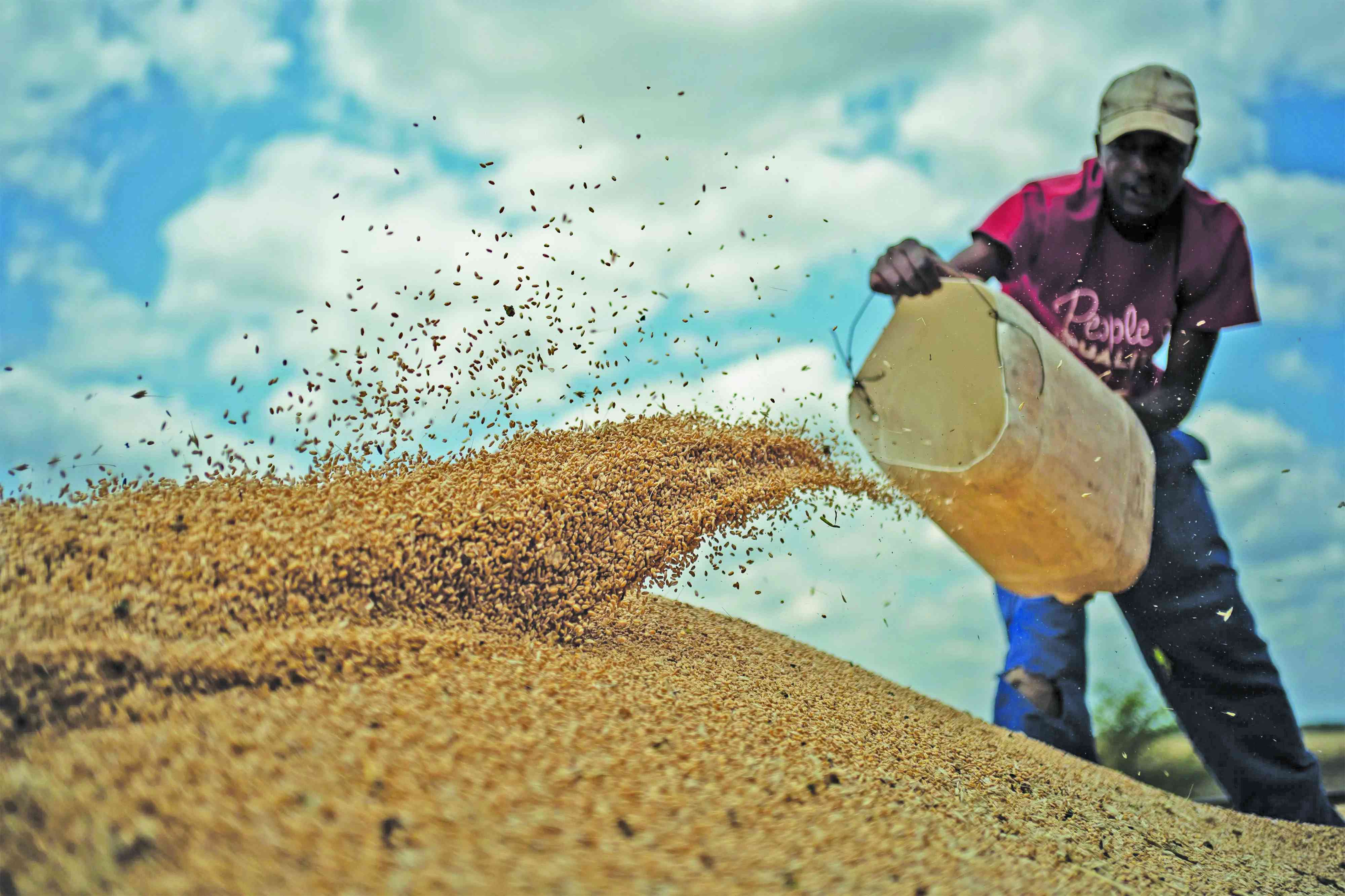
The hullaballoo surrounding the special voting for police, army, civil servants and Zimbabwe Electoral Commission (Zec) officials who were registered to vote on July 14 and 15 has placed the electoral body in a quandary.
NewsDay Editorial
The process was chaotic, characterised by riotous scenes where uniformed police officers were seen pushing and shoving each other as they jostled for an opportunity to cast their ballots. Riot police squads were deployed to quell their restive colleagues at places like the Harare Town House where disturbances had gotten out of control. In the end, many of them failed to vote by the end of polling day on Monday, even after the period was extended from the normal 1900hrs to midnight — in some instances even extending into the early hours of the following day.
According to the law, specifically Section 81A of the Electoral Act, “the last special polling day must be at least sixteen (16) days before the ordinary voting day”. Monday, July 15, was exactly 16 days before the ordinary voting day, July 31 — meaning that legally, no special voting can take place after that day.
There are arguments that there was voting that took place at some centres after midnight on Monday, which, if true, would be against the law. But what seems to be the real headache for Zec is how to ensure that those Zimbabweans that happen to have been drafted onto the special voters’ roll because of the circumstances they find themselves in, are not disenfranchised — without breaking the law The electoral body has so far indicated that those that failed to exercise their right to vote would be put on the ordinary voters’ roll to enable them to vote.
The question, however, is whether or not it would be legal to do so, given that the ordinary voters’ roll ought to have been closed on July 9 — shutting out many hundreds of people who would have wanted to exercise their right to vote, but could not beat the deadline for reasons not of their making — including similar chaotic situations that have now affected those that were on the special voters’ roll.
Similarly, the law has given the ordinary voting period as the day ending midnight, July 31. But what happens if, for unforeseen reasons, the chaos re-emerges and people are unable to vote until the end of that day?
Zec may be a professional body headed by people with integrity, but their undoing may be their not-so-wise and premature claims that “we are ready to roll”. It will not be easy now for the electoral body to turn around and say “no, we really are not ready to roll after all”. Clearly, Zec underestimated the influence that politics would have on its processes. There are claims now that certain political parties may have deliberately delayed the commission’s ability to print ballot papers through unnecessary court applications. There are even more scary allegations that the commissioners of Zec may be working with a secretariat that is politically imbedded and which is in reality answerable to political animals and not to the commission.
- Chamisa under fire over US$120K donation
- Mavhunga puts DeMbare into Chibuku quarterfinals
- Pension funds bet on Cabora Bassa oilfields
- Councils defy govt fire tender directive
Keep Reading
Zec will need to do a lot of soul-searching and strategising if they hope to emerge from the July 31 cloud with enough face and integrity to face the nation without shame.











